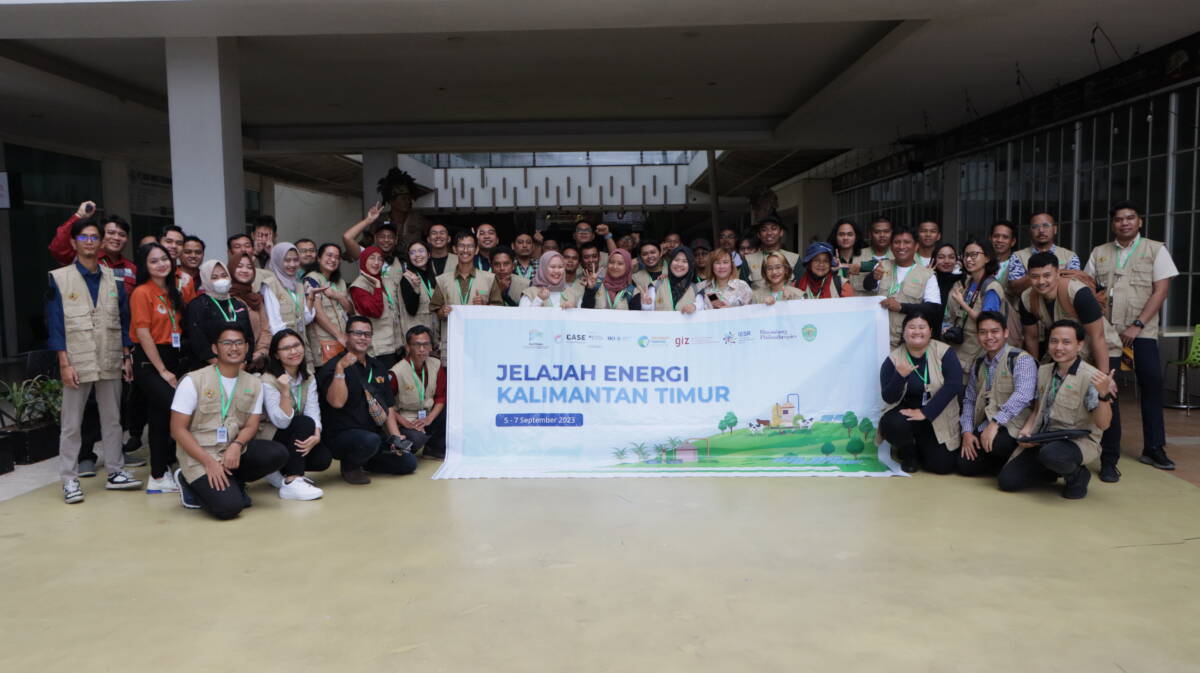Balikpapan, September 6, 2023 - The Institute for Essential Services Reform (IESR) is organizing the Energy Exploration in East Kalimantan Province in collaboration with the Clean Affordable and Secure Energy in Southeast Asia (CASE) program and the East Kalimantan Province Energy and Mineral Resources (ESDM) Service. The main objective of this initiative is to assess…


